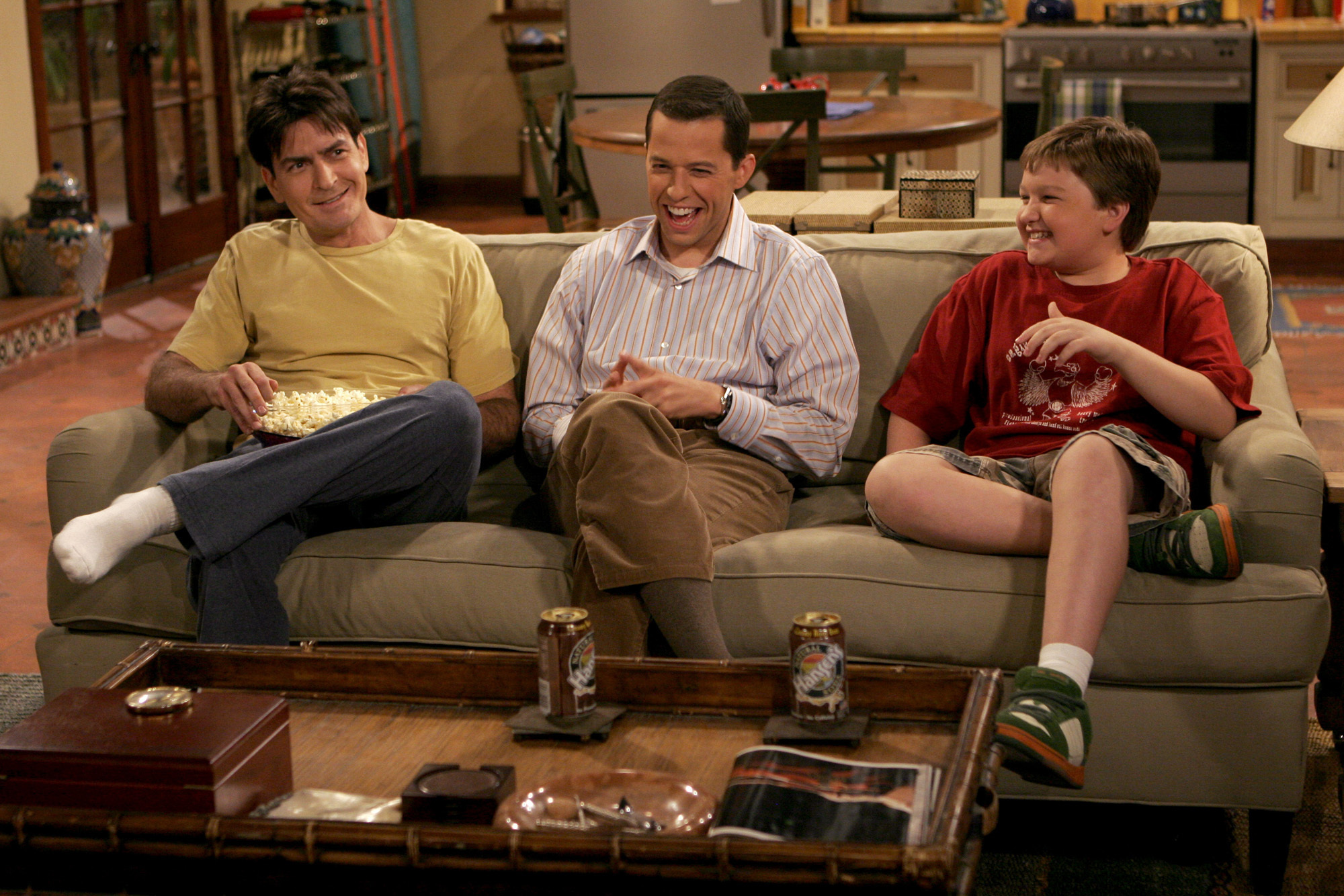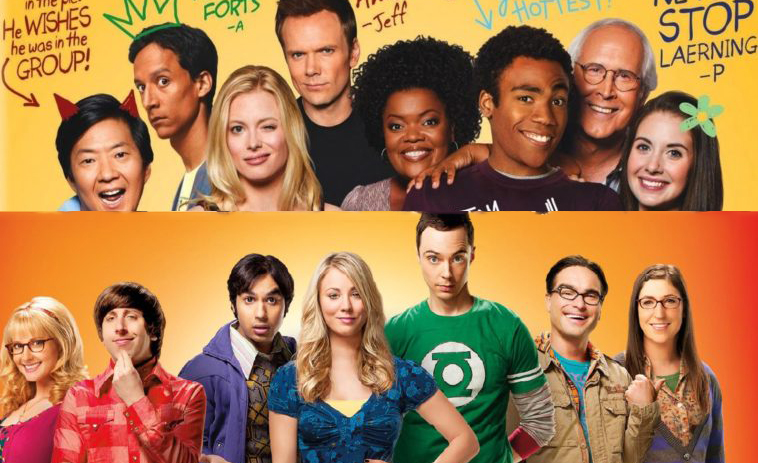It’s impossible to deny that The Big Bang Theory has had a significant cultural impact. It’s been on for 11 (soon to be 12) seasons and CBS loves to boast how it’s TV’s #1 Comedy. And with that has come the perceived sentiment that the show has helped “Geek Culture” go mainstream. With most of main characters working as scientists, countless nerdy references, and a slew of notable guest stars from Sci-Fi, it’s easy to see why people might think so. Yet for all this, the show itself is rather shallow.
Community, on the other hand, has had quite the opposite experience in TV. From early on it struggled with its ratings, constantly faced cancellation threats and always had to treat each season like it could be the last. NBC constantly felt it was too weird and esoteric for its own good. Despite all this, the show itself was brilliantly written and acted. It contained spot on commentary on everything from pop culture to social issues, and had more creativity than perhaps any other comedy show in the modern age. Most importantly however, it understood its audience much better than Big Bang Theory.
1. About Geeks vs. For Geeks
Many have referred to Big Bang Theory as the new Friends, and in a lot of ways, this is true. Both shows lasted at least 10 seasons, earned the top spot for comedies in the ratings, but both were also generic sitcoms. While, BBT contains a myriad of references to comic books, superheroes, and Sci-Fi in general, the jokes are always at the expense of the characters for liking these things. And most of the other jokes are just general sitcom sex jokes one would find in Two and Half Men or Mom, Chuck Lorre’s other sitcoms. At the end of the day, it’s just cheesy punchlines centered around characters who happen to be geeks, often making fun of them for being so.

Community takes a much more subtle approach to geek culture and references. Abed is a window into pop culture, and his analysis of it is much deeper than simply making references to get a laugh. For the longest time, people found the show too bizarre, but that’s exactly what makes it perfect for geek culture. Every other show was just more of the same, and here was Community, always trying something different and always doing it with immense creativity. When it made allusions, they weren’t just surface level, they were based on an assumed understanding that the fans knew what the show was referencing. The humor was always witty, and the fact that general audiences didn’t know what to make of it is only further evidence that it was meant for geeks rather than them.
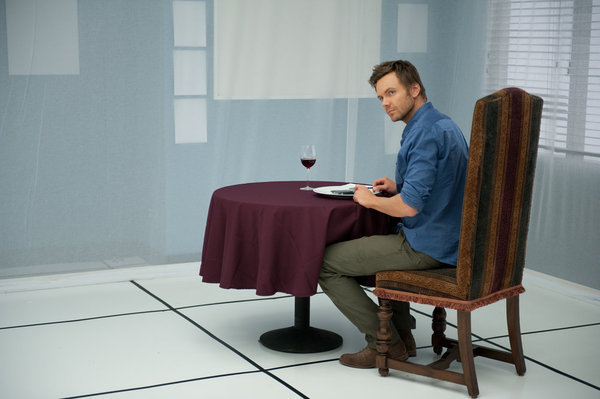
2. Themed Episodes
The most unique episodes that BBT has ever done were merely wedding related season finales, the same as most other shows on television. Community thrived in its episodes that committed fully to either parodying a genre, or doing something off the wall and hilarious. Their long list includes but is certainly not limited to: a Goodfellas spoof involving cafeteria chicken, a paintball fight styled like a war movie, a pillow fight done in the style of the Ken Burns Civil War documentary, a Law and Order spoof dealing with the “murder” of a yam, a clay-mation Christmas episode, zombie outbreak at Halloween, and a gritty David Fincher-esque case to catch a serial killer known as the “Ass Crack Bandit”, and many, many more.
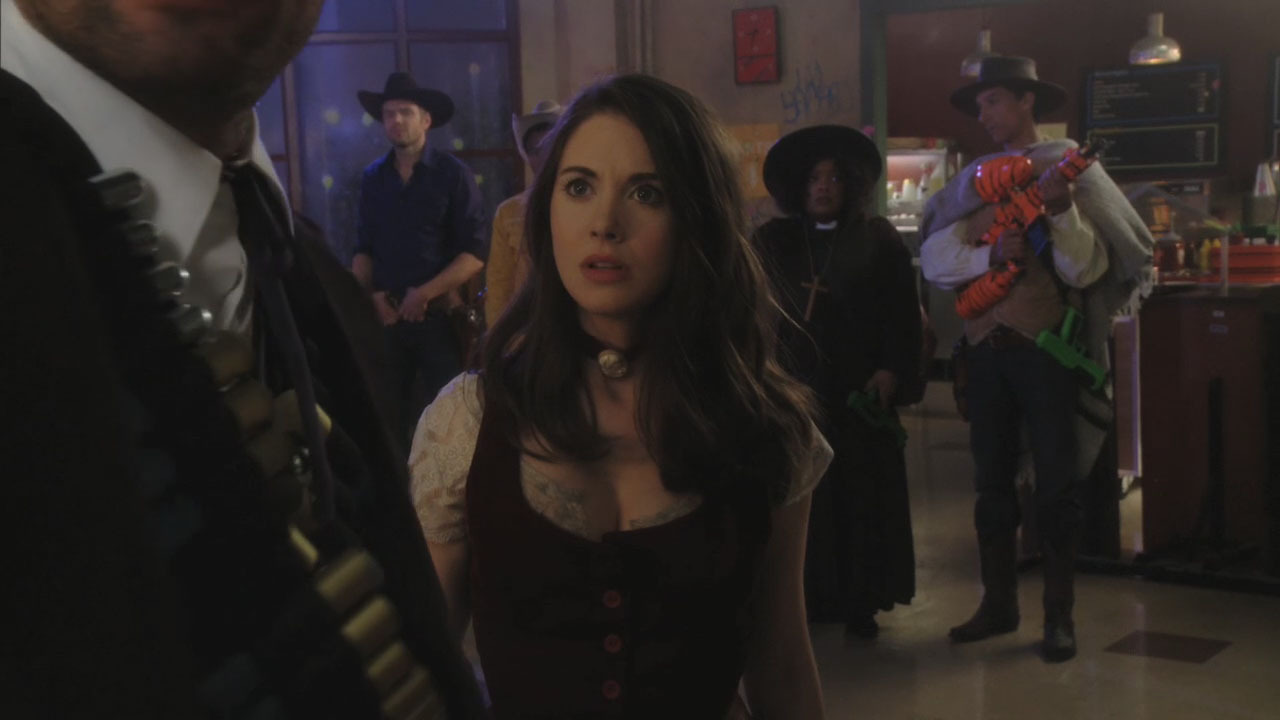
In addition, the show was always brilliant at changing its visual style to match that which it was spoofing. To make the first paintball episode feel like a true action movie, they brought on Justin Lin (Fast & Furious, Star Trek Beyond) to direct it. Fans always knew when they were tuning into this show, that they were going to get something smartly written, entertaining, and exceptional compared to every other show on TV.
3. Meta Meta Meta
The world of film and television contains an overabundance of tropes and other clichés. Geeks and other hyper fans tend to pick up on these more than general audiences since they’re typically consuming more entertainment. Due to its nature, BBT had all the same standard jokes, because that’s all it was ever meant to have. But with the character of Abed, Community transcended the medium itself. He was always pointing out these tropes, and either critiquing them, or subverting them entirely, often to the dismay of Jeff, Britta, or Pierce. Some fans still believe that he always knew he was a character on a show. In many ways, he was a surrogate for the audience, who were also noticing all the same things. Every fan of the show has a little bit of Abed in them.
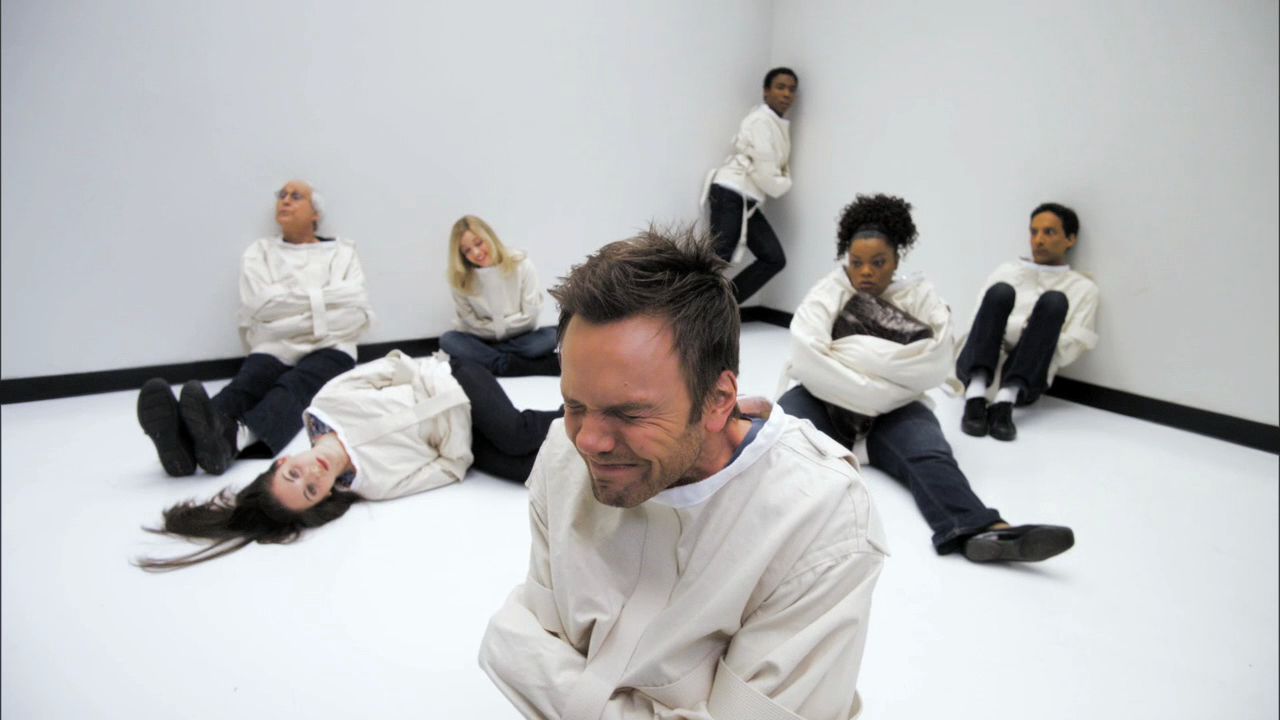
4. More Diversity
Both shows began airing in 2007 and 2009, back when this was perhaps less of a concern in Hollywood. So it’s no surprise that of the original five leads of BBT, three of them are Caucasian males, one is Caucasian female, one is Indian male, and of course, his ethnicity is a constant subject for humor. Not subversive or witty humor, but simply jokes pointing out that Raj is Indian. Yet seemingly without trying, Community boasted an incredibly diverse cast from the very beginning. Almost half the cast were minorities, and it only starts there.
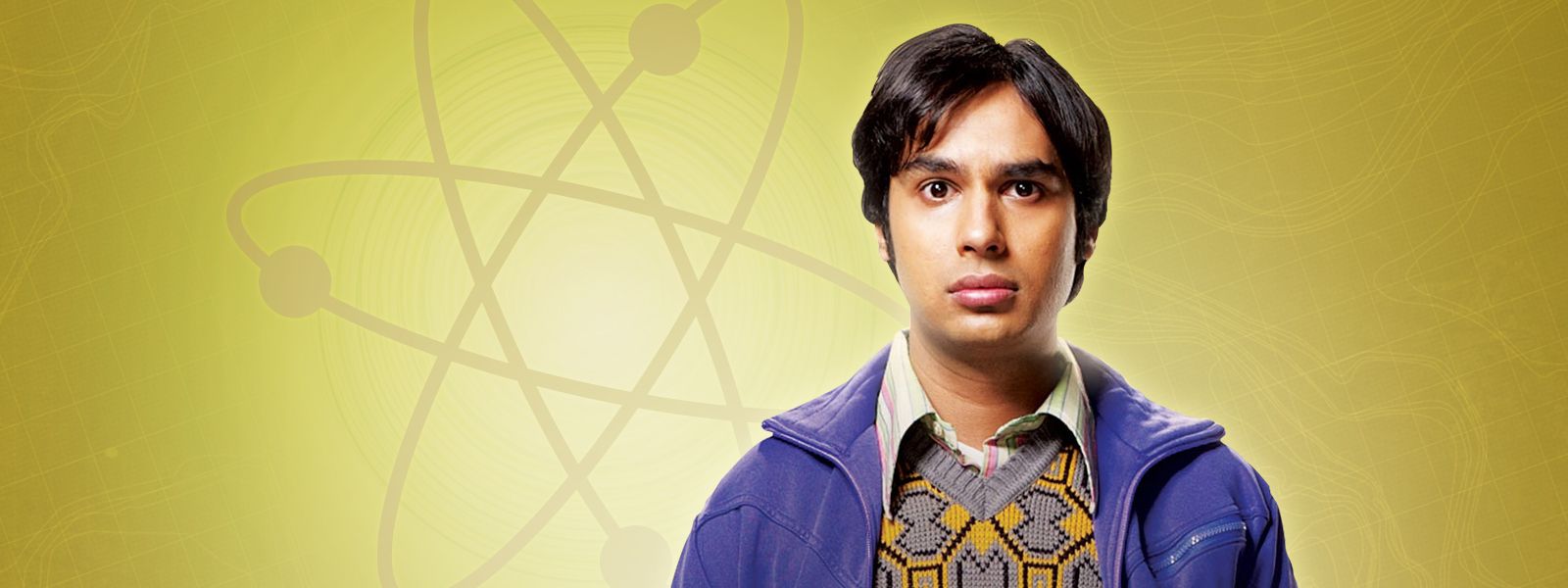
The initial premise of the show was a diverse group of people, all at different stages of their life, coming together to for a community as a Spanish study group. Not only are they diverse in race, but also in age, and in their characters’ religions. Each one comes from a unique background, and each is a well-rounded character with strengths and faults. This is especially refreshing to see because, unlike what BBT purports, not all geeks are white men in their 20s. And it’s Community that better represents the real life demographics of the fans.
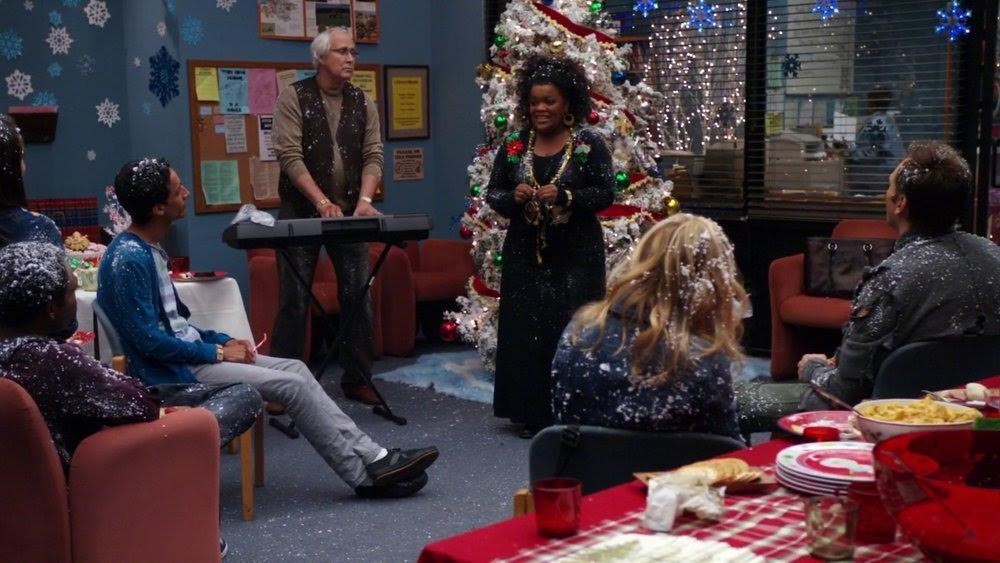
5. Plight of the Underdog
Perhaps one of the largest differences between the two shows is how they were received by the viewing public. BBT only seemed to get bigger with each season, all the while Community struggled to stay on the air. Its fans were more loyal, but there were far fewer of them. In addition, there was always turmoil behind the scenes. Creator and showrunner Dan Harmon was fired after Season 3, then brought back after a disastrous Season 4.
The show was finally cancelled by NBC after Season 5, only to be brought back by Yahoo TV for its 6th and final season. Much like many geeks in real life, Community was an underdog that struggled to find it its place, which made fans identify with it that much more. It was something special to those fans, because not everyone was into it. It was a unique piece of television that we may never see the likes of again. Back in the Season 3 finale, it teased “#sixseasonsandamovie”. We’ve gotten our six seasons, and hopefully one day we’ll get that movie.
